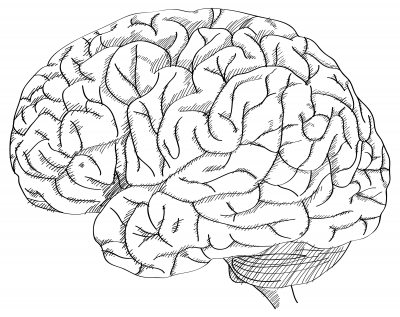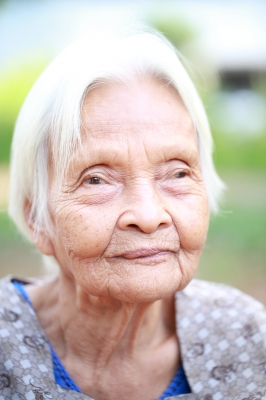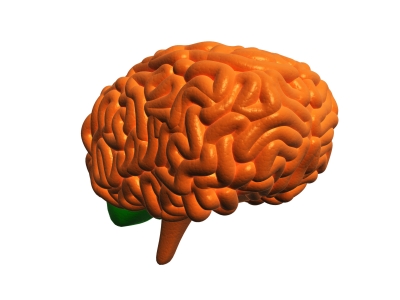Heroic Man Loses Battle to Early-Onset Alzheimer’s
In 2010, the Boston Globe started following Bruce Vincent, a popular grocery store owner in Westminster, MA, when he and his family chose to go public with his early-onset Alzheimer’s illness. Bruce recently lost his battle with early-onset Alzheimer’s at the age of 51 and chose to donate his brain to researchers at Massachusetts General …













